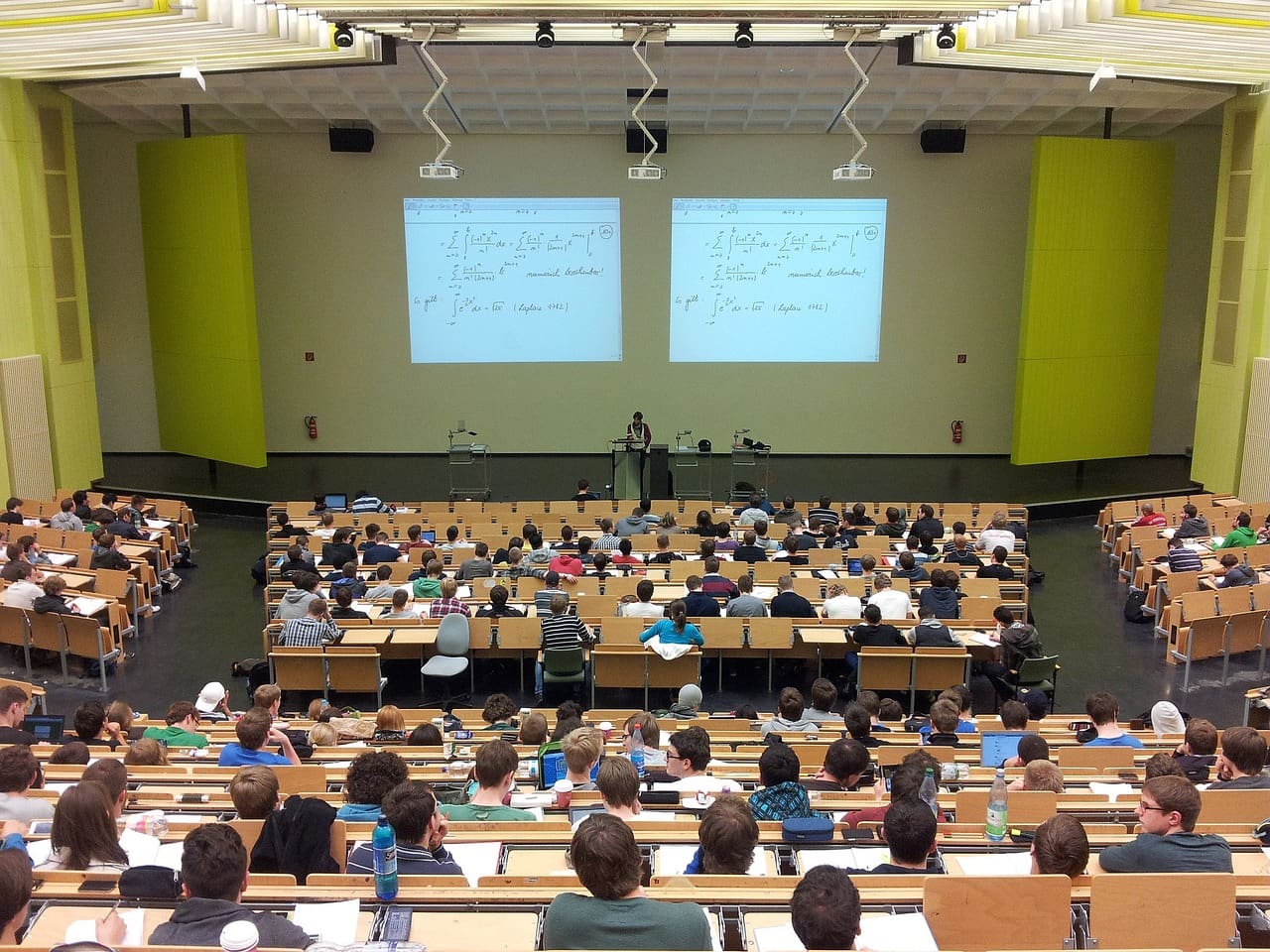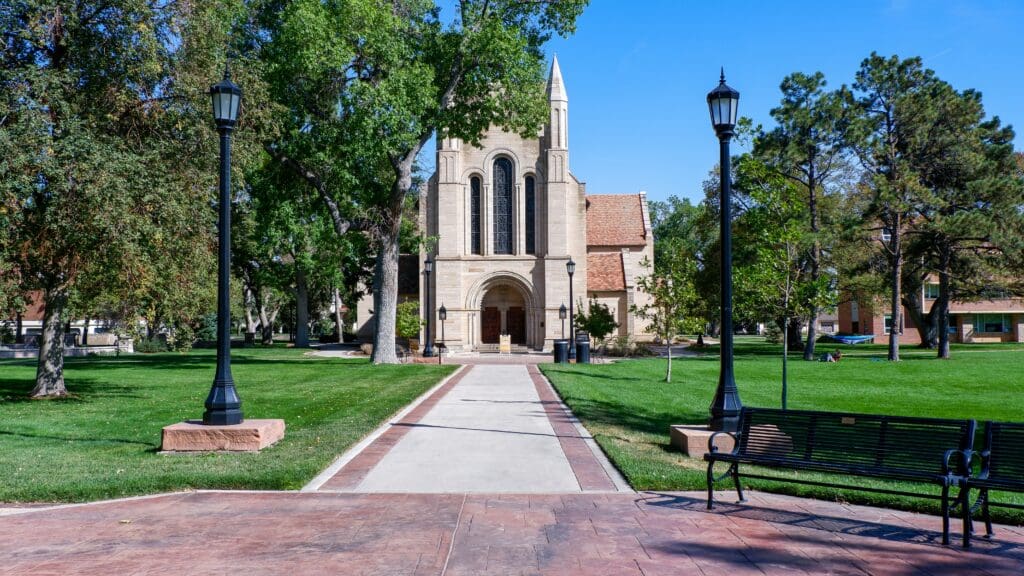
Title IX Investigations Into Sexual Misconduct Allegations
If you're facing accusations of rape, sexual misconduct, sexual assault, or sexual harassment while enrolled at a college or university in Fort Collins, CO, navigating dual proceedings to safeguard your freedom and academic future is daunting. Title IX attorneys specialize in defending students in such cases, ensuring your rights are protected both in academic and legal realms.
Consequences can be severe, ranging from suspension and expulsion to having "responsible for sexual misconduct" on your transcript, alongside criminal prosecution with potential probation, imprisonment, and placement on the sex offender registry. Title IX defense attorneys are crucial in these situations, immediately advocating for your case to mitigate these potential outcomes.
At our firm, we've successfully defended clients accused of sex crimes in college settings, preserving their rights and academic records against university disciplinary actions. Many criminal defense lawyers hesitate to challenge school proceedings, fearing interference with criminal cases. However, this approach can jeopardize your academic standing irreversibly. Even if acquitted later in criminal court, lost academic achievements may never be restored.
An essential strategy is challenging the university's allegations fully. A Title IX attorney understands that university investigations differ from criminal investigations, often lacking thoroughness and targeting different issues. Delay in criminal investigations risks evidence loss or contamination. A comprehensive defense investigation is critical to protect your academic, civil, and criminal rights. It's vital not to underestimate the potential repercussions and assume university actions are inconsequential.
Starting with university procedures, an accuser may escalate matters to criminal investigations, catching the accused off guard. This sequence underscores the importance of proactive defense, involving a Title IX defense attorney from the outset to safeguard your legal and educational future.
Fighting Back
An accused student may be procedurally disadvantaged, but he can mount an effective defense if he is smart, strategic, and refuses to be bullied. While colleges and universities often demand that the accused student submit to a prehearing interrogation by the appointed Title IX investigator, no student is required to participate in the investigation, provide a prehearing statement, or answer any questions. Most colleges and universities allow a student to submit a formal response to the allegations. A student can use a well-crafted, tactical response to attack the allegations and detail his defense.
The accused student is, of course, permitted to testify at the disciplinary hearing. If the college or university protocol requires the destruction of the video/audio recordings following the adjudication of the charges, it may be worthwhile for the student to testify in his defense - if he is capable of withstanding the pressure and adequately prepared. We are very good at preparing students to testify.
Title IX: Sexual Misconduct Disciplinary Proceedings
Colleges and universities, now "prosecute" allegations of sexual misconduct according to Title IX, Institutional Equity, and Student Conduct codes and policies. Sexual misconduct includes college domestic violence, hate speech, retaliation, as well as any sexual contact where consent is questioned. The decision of the U.S. Department of Education to coerce private colleges and universities to enforce these code/policies is not going away. These University hearings may decide if your son or daughter can ever receive a college degree, graduate school admission, professional license, or be employed in their chosen field.
Colleges and universities, however, refuse to provide students accused of sexual misconduct with cherished Due Process rights, such as the right to the active participation of counsel, confrontation of witnesses, presumption of innocence, proof beyond a reasonable doubt, jury, appeal, and other Constitutional rights. Instead, colleges and universities rely on a preponderance of the evidence process by selectively trained investigators and hearing officers where an honestly mistaken belief, revenge, alcohol blackout, and other false accusations can appear true. We have many years of experience fighting the procedures and presenting the truth. Our process gives the best chance of winning at the University hearing, while exposing Due Process, Contract, Infliction of Emotional Distress, Title IX, Title VII and other claims, that can overturn a negative outcome and recover damages.
Retaining Counsel
Identifying and retaining a competent attorney may be critical to saving a student accused of sexual assault from the academic abyss and defending him against any ensuing criminal charges. If you have decided to retain counsel, do so as early in the process as reasonably possible. College and university investigations are completed relatively quickly, and closely followed by the disciplinary hearing. The student may have only days to devise a defense strategy, interview witnesses, and craft a written response.


Brief History of the Confluence of Title IX & Allegations of Sexual Misconduct
In 1972, President Richard M. Nixon signed Title IX of the Education Amendments of 1972 into law. Title IX states:
No person in the United States shall, based on sex, be excluded from participation in, be denied the benefits of, or be subjected to discrimination under any education program or activity receiving Federal financial assistance.
Title IX guarantees "equal opportunity" to educational programs and activities at federally funded colleges and universities and, as construed, applies to admissions, treatment of students, and employment. Congress enacted Title IX to prevent federal resources from being used to fund discriminatory practices at colleges and universities and protect students - or those applying for admission - from being discriminated against. See, Cannon v. University of Chicago, 441 U.S. 677, 704 (1979). Title IX applied to the creation and implementation of college and university administration policies. It did not apply to students.
The "Dear Colleague Letter," of Russlyn Ali, Assistant Secretary for Civil Rights, U.S. Dept. of Education, dated April 4, 2011, radically transformed Title IX from legislation banning administrative discriminatory practices to legislation requiring colleges and
universities to prosecute students for any act of "sexual violence," "physical sexual acts perpetrated against a person's will," including rape, sexual assault, sexual battery, and sexual coercion, failure to obtain knowing and voluntary consent before sexual relations, and harassment. Without a congressional mandate or authorization or any regulatory-type framework, Ms. Ali notified colleges and universities that they were required to "take immediate and effective steps to end sexual harassment and sexual violence" by "designating an employee to coordinate Title IX compliance, and adopting and publishing grievance procedures," and implementing "education and training programs."
In their rush to comply with the "Dear Colleague Letter," colleges and universities have devised half-baked, unfair, and unreliable procedural protocols to adjudicate sexual misconduct allegations. That the accused students, the very individuals they are entrusted to educate and protect, are academically and summarily executed under these protocols is, unfortunately, of small consequence of these administrations. Showcasing their fashionable "get tough" approach to allegations of sexual assault trumps all other considerations.





